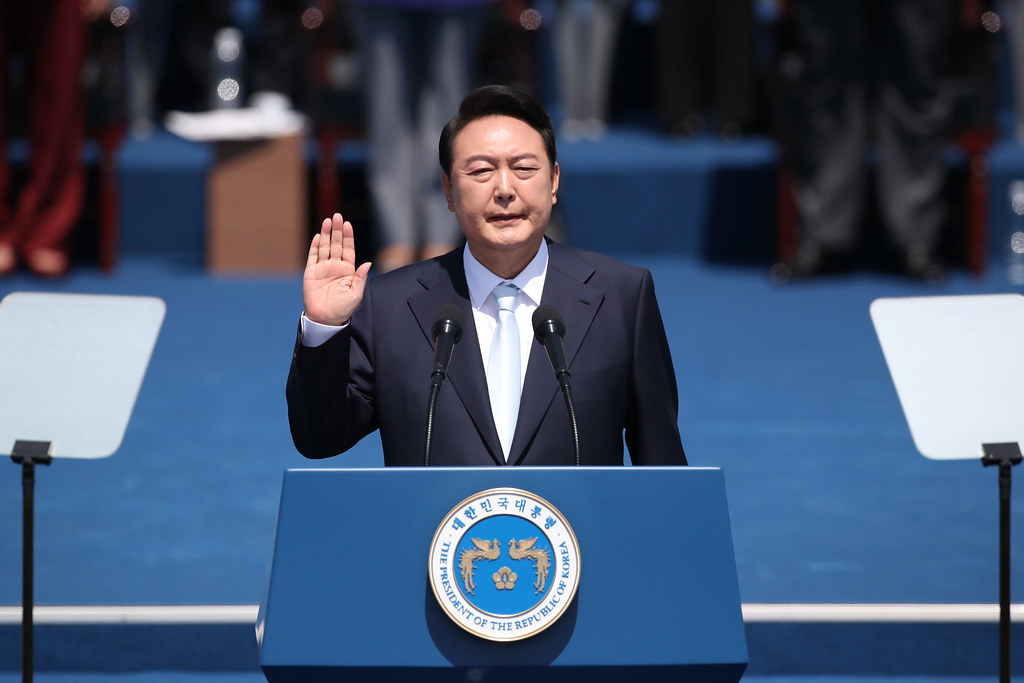
In a remarkable turn of events, South Korea’s impeached President Yoon Suk Yeol was reportedly arrested by the country’s Corruption Investigation Office for High-Ranking Officials. This incident marks a historic first, as it is the first time a sitting South Korean leader has faced arrest. The arrest follows a series of tumultuous political developments, including Yoon’s controversial declaration of martial law on December 3 and his subsequent impeachment on December 14.
The Seoul Western District Court initially granted the arrest warrant on December 31, but Yoon’s failure to appear for questioning prompted the Corruption Investigation Office for High-Ranking Officials to request enforcement of the warrant. The situation escalated dramatically during the second attempt to execute the arrest, which involved approximately 3,000 police officers—significantly more than the number mobilized in the first attempt. This overwhelming police presence highlighted the severity of the situation and the government’s determination to carry out the judicial order.
Amidst the chaos, lawmakers managed to breach police barricades at the National Assembly and voted down a proposed declaration of martial law, which Yoon had attempted to enact on December 3. He justified this unprecedented action by claiming a need to protect the nation from “North Korean communist forces” and “antistate forces.” The declaration was made in a surprise late-night broadcast, leading to significant backlash and political unrest.
Charges of Insurrection and Legal Consequences
Yoon now faces serious charges, including insurrection, stemming from his failed martial law declaration. Notably, this charge is not protected by presidential immunity, reflecting a legal landscape that could have dire consequences for the former leader. Under South Korean law, insurrection carries a maximum penalty of death.
The arrest warrant, which initially expired on January 6, was extended after Yoon’s failure to comply with legal proceedings. His impeachment on December 14 resulted in his suspension from office, setting the stage for these unfolding events. The political climate remains tense as public outcry and legislative resistance continue to shape the trajectory of South Korea’s governance.
While it is still too early to declare a complete resolution to the crisis, what is clear is that the South Korean political system is facing significant challenges, and this will likely have profound implications for the country’s future governance.
What The Author Thinks
The unprecedented arrest of South Korea’s President Yoon Suk Yeol signals a significant turning point in the country’s political history. This event, fueled by his failed martial law declaration and subsequent impeachment, highlights the fragility of political systems when power is challenged. While the legal proceedings unfold, the crisis underscores the importance of transparency, rule of law, and checks on executive power in maintaining stability within a democracy. The long-term implications for South Korea’s governance are still uncertain, but the country’s political climate is undeniably at a crossroads.
Featured image credit: Republic of Korea via Flickr
Follow us for more breaking news on DMR
